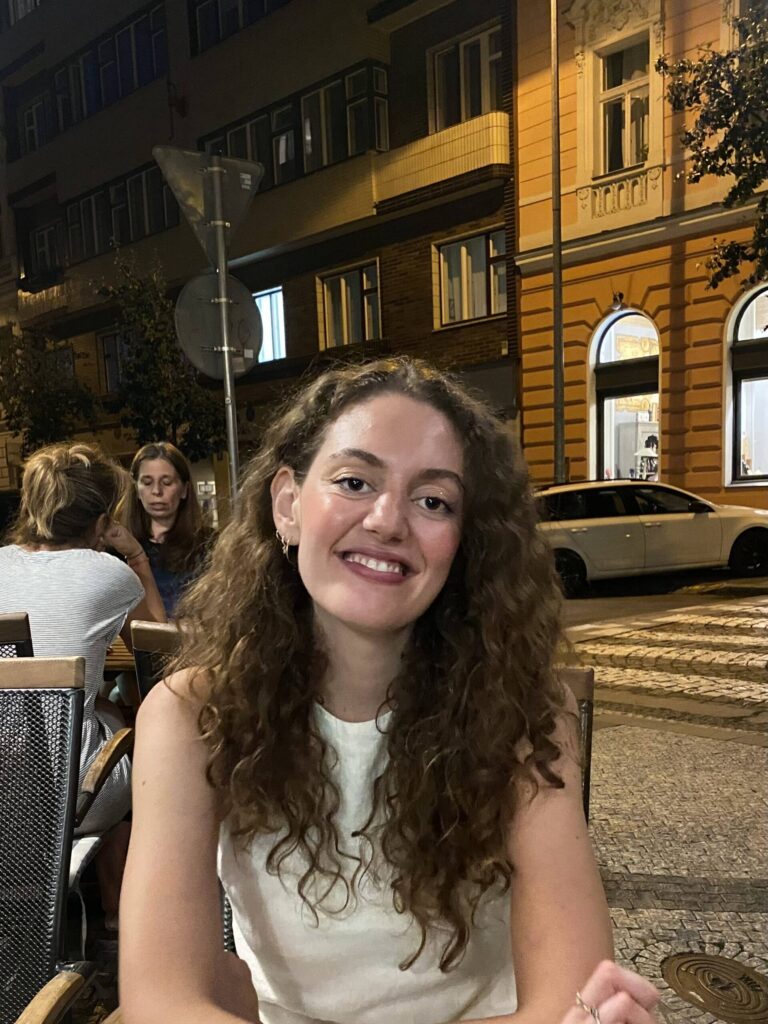History from Liberty to Liberation
How do revolutionary ideas form and leaders emerge? What strategies have people used to achieve change and how did they overcome backlash? All in all: what makes a revolution successful?
This course delves into the dynamic and complex landscape of resistance, spanning the period from the French Revolution to the contemporary Israel-Hamas conflict, including women’s rights and decolonisation movements.
Through engaging with first-hand accounts and other historical documents, discussions, and simulations we will learn more about the evolution of resistance strategies, the impact of global events, and the ongoing challenges faced by those striving for liberty and liberation. We will also examine the historical, political, and social contexts that have shaped these struggles.
Students will learn to analyse documents, distinguish facts from judgements, forge their own opinions, formulate and defend arguments, and use imagination academically. No prior knowledge is required and everyone is welcome.
This course is for everyone who is passionate about history (modern and contemporary), keen to learn how change happens and at what cost, but also to explore events and perspectives that rarely make it into schools‘ history manuals!

Emma Nabi-Bourgois
Session D
A glimpse into the music industry
Tanya Stadnyk
AI for Fundamental Research
Oliver Matonoha
Biological Psychiatry
Aleksa Petković
Computational Neuroscience
Sára Bánovská
Discovering medical science
Václav Melenovský
Energy and society
Kristina Zindulková
From Thoreau to Tinyhouse
Petra Karlová
History from Liberty to Liberation
Emma Nabi-Bourgois
Political Economics
Jonathan Sidenros
Problems of Philosophy
Mojmir Stehlik
Quantum Computing
Honza Apolín
Society in Stories
Michal Ostrý
Systems thinking
Žofie Hobzíková
The Arab Middle East
Adéla Provazníková
The Economics of Human Behavior
Lenka Duongova
The Politics of Gender: Narratives and Resistance
Ecem Nazlı Üçok

